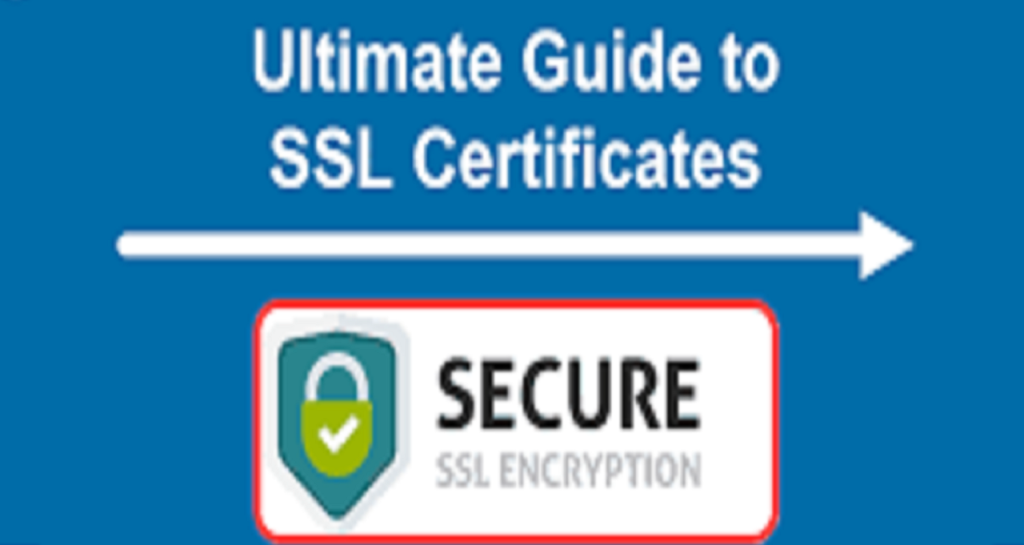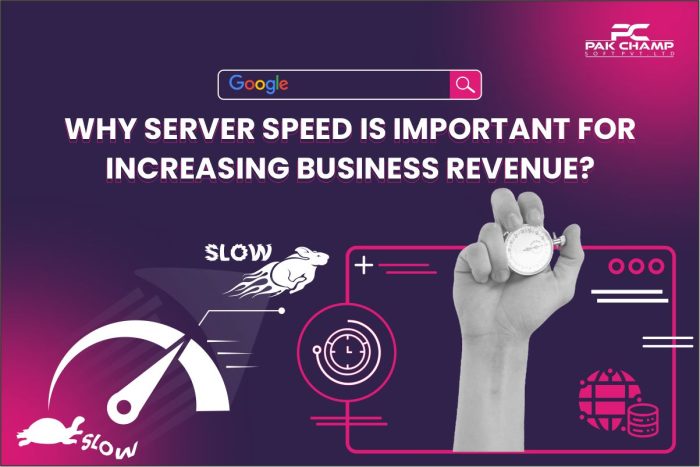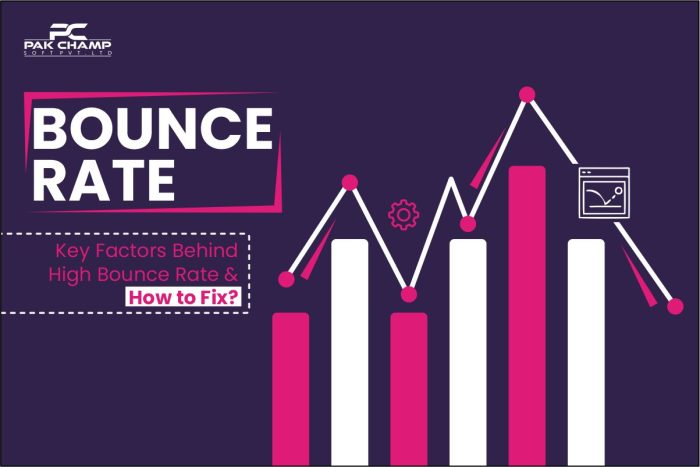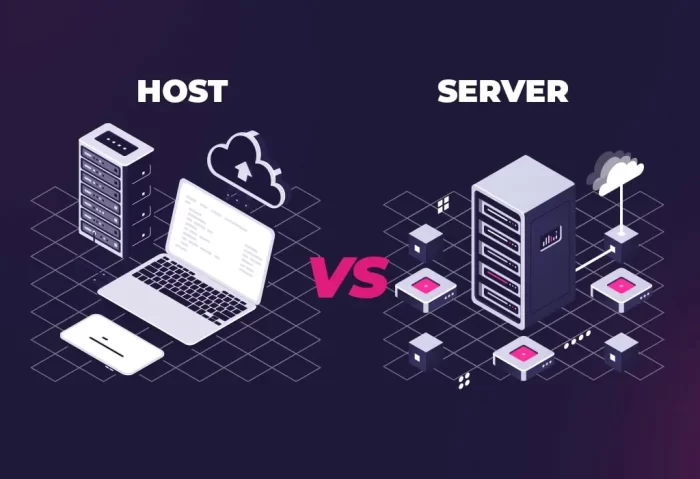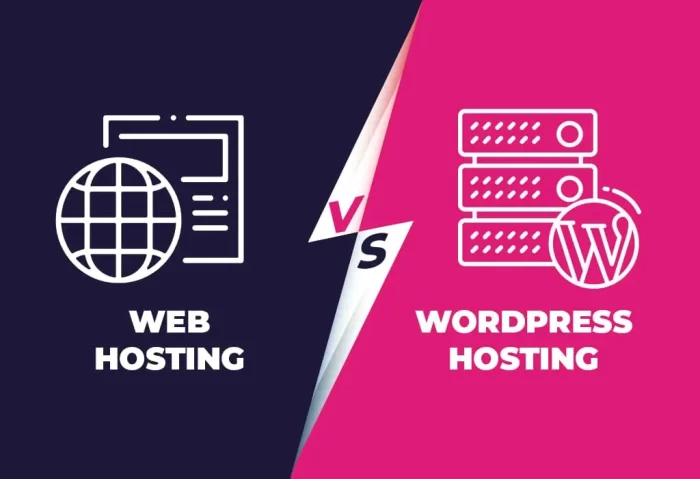An SSL certificate is a code integrated into your web server that provides security for online dealings. Whenever a browser tries to reach your secured website, the SSL certificate ensures an encrypted connection. There are different types of SSL certificates with varying levels of validation. Some of the types are:
- Extended Validation certificates (EV SSL)
- Organization Validated certificates (OV SSL)
- Domain Validated certificates (DV SSL)
- Wildcard SSL certificates
- Multi-Domain SSL certificates (MDC)
- Unified Communications Certificates (UCC)
Table of Contents
ToggleWhy Do You Need SSL Certificates?
Websites need SSL certificates to keep user data secure, prevent hackers from taking control or copying your confidential data, etc. It is a fact that businesses require an SSL certificate for an HTTPS web address. HTTPS is the secure version of HTTP, meaning that HTTPS websites have their traffic encrypted by SSL. Unfortunately, most browsers tag HTTP sites – those without SSL certificates – as “not secure.” Thus, it will negatively impact as it would assure the users that the particular site is not trustworthy.
An SSL certificate helps to secure information such as:
- Login credentials
- Credit card details or bank account data
- Personal information such as full name, address, date of birth, etc.
- Legal documents and contracts
- Medical records
- Proprietary information
Benefits of SSL Certificate
Below are listed some of the essential benefits of an SSL certificate:
- It safeguards your data and information
- It affirms your identity
- It helps in improving search engine ranking
- Enhances customer’s trust
- Enables you to fulfill DOS requirements
How To Get An SSL Certificate?
One can obtain SSL certificates directly from a Certificate Authority (CA). Certificate Authorities are responsible for issuing millions of SSL certificates each year. As a result, they play a critical role in how the internet operates and how transparent, trusted interactions can occur online.
The cost of an SSL certificate range from free to hundreds of dollars, depending on the level of security you have been requiring. Once you decide on the type of certificate you need, you can then look for Certificate Issuers, which offer SSLs at the level you require. Follow these steps to obtain your SSL certificate:
- Prepare by getting your server set up and ensuring your WHOIS record is updated and matches what you submit to the Certificate Authority (it needs to show the correct company name and address.
- Initiate a Certificate Signing Request (CSR) on your server. Again, this is something your web hosting provider can assist you with.
- Then submit this request to the Certificate Authority to substantiate the details you have provided.
- Then, install the certificate they provide once the process is complete.
- Once you have got your SSL certificate, you need to configure the certificate on your servers.
How quickly you receive your certificate indeed depends on what kind of certificate you want. Each level of validation takes a certain amount of time to complete. For example, a simple Domain Validation SSL certificate in Pakistan can be issued within minutes of being ordered, whereas Extended Validation can take as long as a whole week. The above mentioned is a complete guide for those who do not know about SSL certificate and why it is essential for your website.

